Should I increase the amount of CBD if I don’t feel the effects fairly immediately?
CBD can often have a very subtle effect. Even if you do not notice an immediate effect, stick to your dosing schedule for a week or so before making any changes. If you find that a tolerance has developed very quickly, buy a more effective product.
Who can I talk to about taking CBD?
Fortunately, CBD is now an accepted part of the mainstream. We recommend talking to your health care professional about cannabidiol to find dosage options that are the right choice for you, your lifestyle and other existing conditions. Not only can professionals inform you of the benefits, but they may also be able to let you know if CBD is potentially incompatible with any medication you may already be taking.
Find a CBD dosing schedule that meets your needs
We can only make general recommendations regarding the dosing of CBD. Due to body weight, height, metabolism and other factors, the same dose of CBD can have very different effects on different people. We recommend that you start consuming according to general guidelines, but do not take them as scripture. If necessary, play around a bit until you feel the effects are right so you can find the dose that works best for you.
What is the best time of day to use CBD?
Not surprisingly, many people report they enjoy taking their CBD at the start of their day - as an adjunct to their other supplements / medications - together with their first coffee and breakfast. But of course, that is not desirable for everyone, and there are those who prefer to partake of it in the evening, alongside or after dinner, or even just before bed. Part of CBD’s greatness is that it affects different people in different ways. Some feel awake and energised from it, and so prior to starting their day it can be the best option. Others prefer to take it a few hours into their day when they feel they are flagging, when exhaustion begins to strike, and they benefit from gaining enough energy to get through the rest of the day. Then, there are those for whom CBD has a relaxant effect, with a calm, sleep inducing result. Thus, such people will consume it perhaps before going to bed.
In fact, there is no ideal time of day to take CBD.
It all depends on what is best for you. The more you use CBD, the more likely it is that a pattern will develop, based on what times of the day are optimal for you, and how the substance affects you.
Is it worth taking CBD with a meal?
Intake of CBD with food may contribute to the bioavailability or increased absorption of the cannabinoid. As a fat-soluble molecule, CBD readily binds to lipids. Natural fats are found in a wide variety of foods, which means it is likely to increase the rate of CBD absorption. Some consumers prefer to take CBD before or after a hearty meal. Others are happy to take it alongside a light snack.
CBD BEFORE OR AFTER TRAINING
CBD’s huge growth in popularity has resulted in an exponential increase in the number of professional or amateur athletes taking it before or after training or sporting events. This increase in the use of CBD is due, in part, to the fact that the World Anti-Doping Agency has removed CBD from the Prohibited Substances List. As CBD has been shown to have neither performance-enhancing nor psychotropic properties, the Agency did not feel the need to keep CBD on the list any further. This means that athletes in such events as the Olympics, NFL, UFC and many other major sports leagues can use CBD during and before training or events, perfectly legally.
Although, at the time of writing, there is not much comprehensive clinical research on the use of CBD in sports, scientists and consumers are highly interested in its potential effects, and research is slowly increasing by the year. Given that the endocannabinoid system regulates physical functions related to sleep, coordination, energy use, digestion, and other similar factors, it may be useful to know that exogenous cannabinoids, such as CBD, can be of significant holistic benefit to people like athletes. There is tremendous interest in any substance that can help with these issues, because of such factors as muscle pain, inflammation, emotional stress and exhaustion that are commonplace in the sporting world.
Any good exercise plan can be said to be designed to help the body function more effectively during a workout, whilst also reducing the time it takes to recover. Can CBD assist in this area? Unfortunately, we do not know of any direct correlations in this regard, yet, owing to a lack of research in the area, but we can find several studies on the possibilities of CBD in the context of anxiety, sleep, inflammation reduction, and analgesia.
HOW OFTEN SHOULD YOU TAKE CBD?
Just as there is no one-size-fits-all directive for taking CBD, so we can't provide that in terms of frequency. Some prefer to consume on a regularly scheduled daily basis, whilst others favour an as-and-when approach, preferring just to take it only when needed. In fact, it all depends on the body and the reason it is being consumed.
Like many other substances, CBD causes changes in the body over time. Consumption of cannabidiol is thought to lead to an increase in cannabinoid receptors, making the entire
endocannabinoid system more responsive and efficient.
How long CBD stays in the body depends on many things: including the dose taken, total body weight and body fat percentage, as well as how often it is used..
If we take all these factors into account, we can say that this time interval can range from a few days to a few weeks.
FACTORS AFFECTING CBD INTAKE
The Right Dosage
As with many substances, there is no such thing as “proper” dosing for CBD, as it is unique to each individual and their aforementioned physiological factors such as weight, metabolism, and genetics. This is as well as the significance of the form through which the CBD product is partaken, e.g.: as a tincture, a topical agent, in tablet or capsule form, inhaled etc. etc.
General dosing suggestions are most often measured in milligrams per lb or kg of body weight, with suggestions usually ranging from 2 mg up to hundreds of milligrams for use in clinical settings. Based on the first pass effect, it takes longer for CBD to be absorbed into the bloodstream through ingestion, whereas it is only a few minutes when administered sublingually (under the tongue). CBD-based ointments, on the other hand, are applied directly to the skin, through which the cannabinoid does not even reach the bloodstream.
PRODUCT TYPE
As the CBD market becomes more saturated, customers will be able to choose from an ever-expanding product range. Not only do different products offer alternative dosing regimens, they also offer dramatically different results.
For example, full-spectrum extracts can contain combinations of many different phytochemicals found in cannabis, including cannabinoids, terpenes, and flavonoids. These molecules work in perfect harmony with each other, ensuring a balanced and natural effect.
In contrast, products such as CBD isolates offer huge amounts of CBD with minimal additional terpenes. Although these products do not provide the same synergistic effect, they allow the consumer to access large quantities relatively quickly.
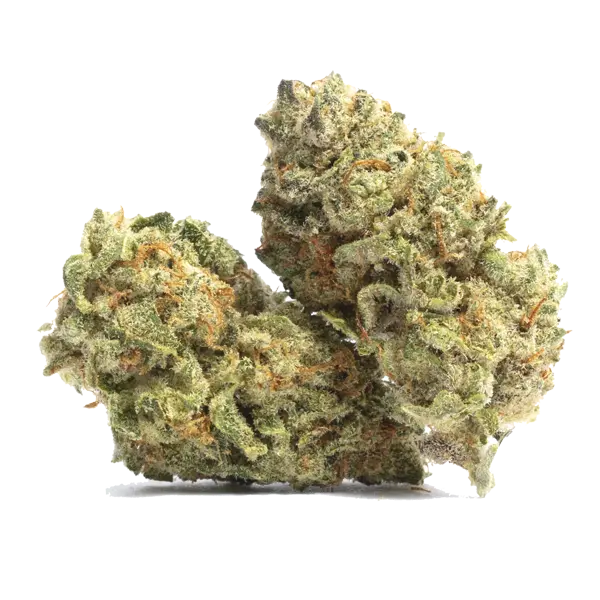
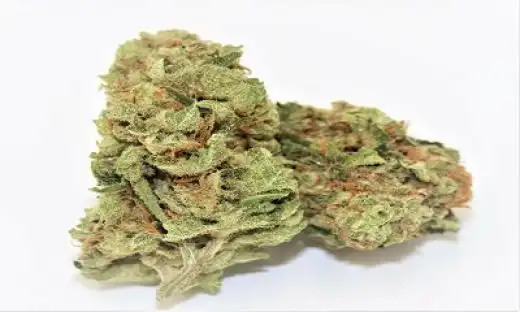

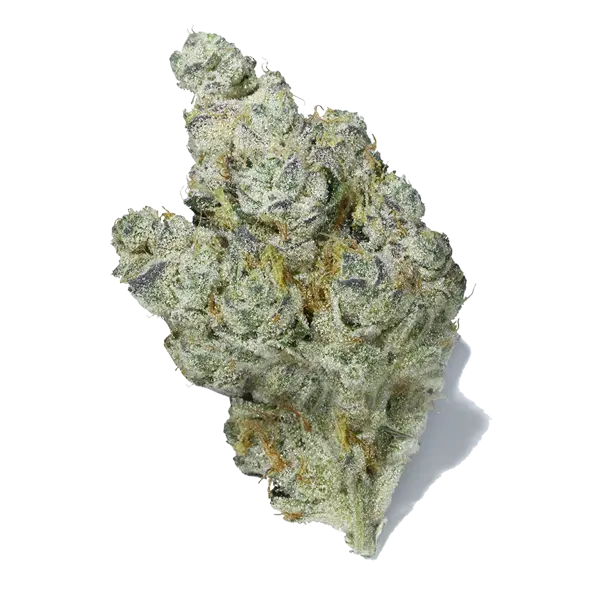
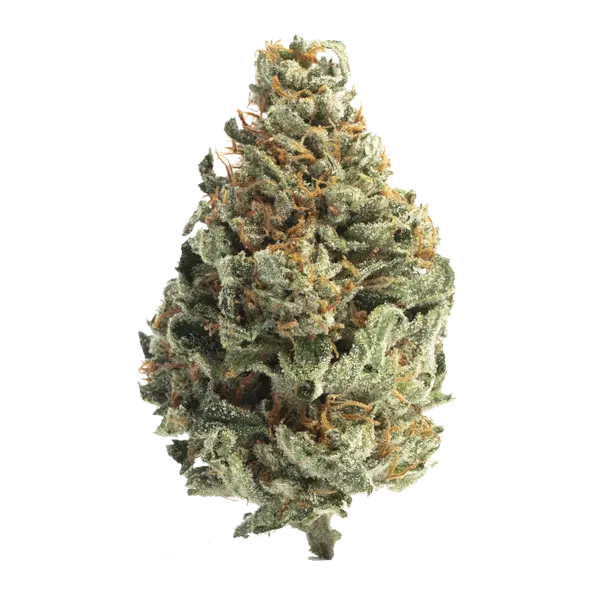
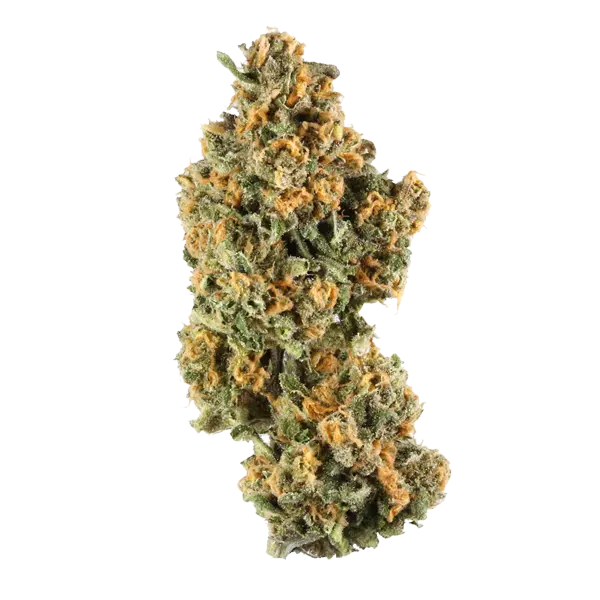
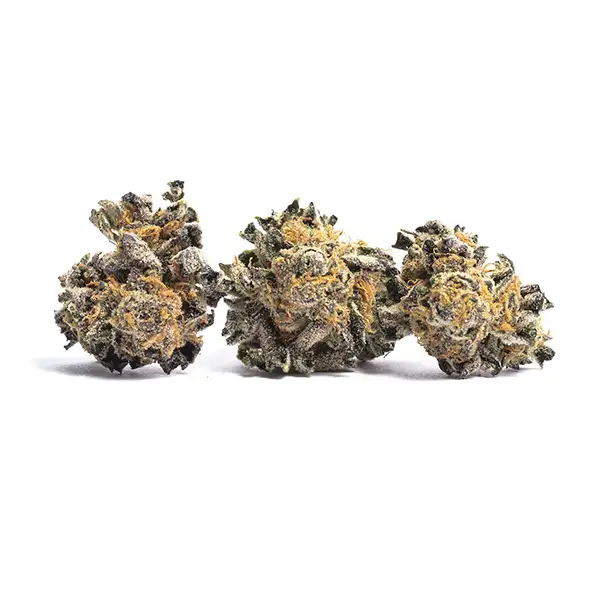
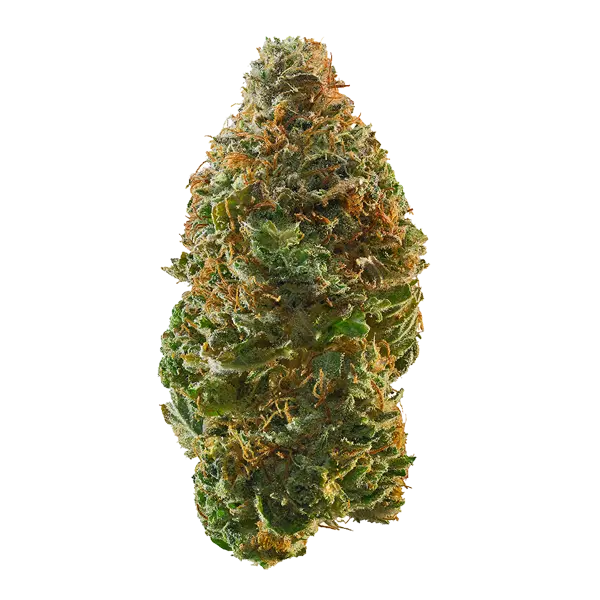
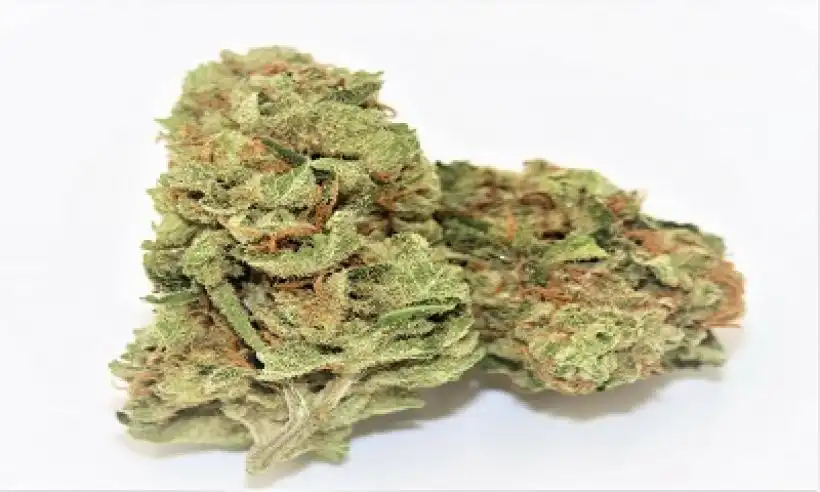
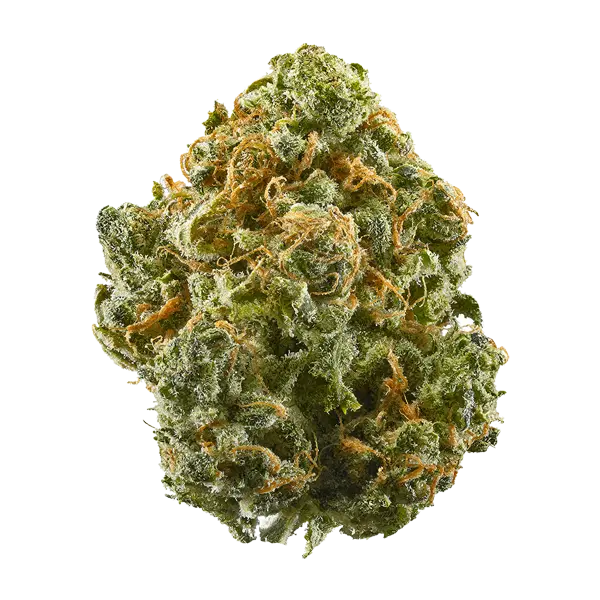
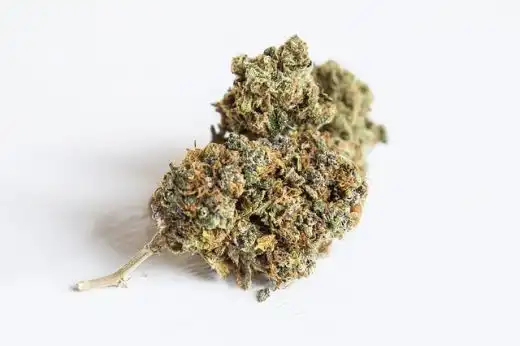
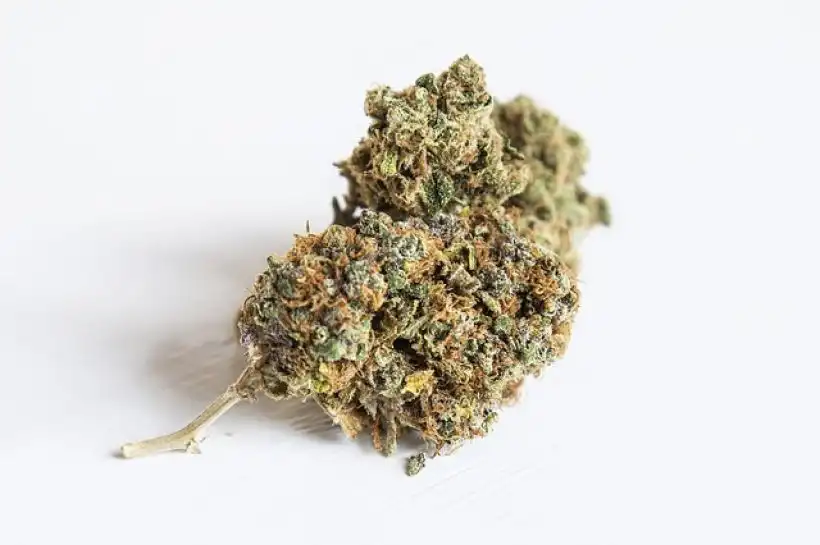
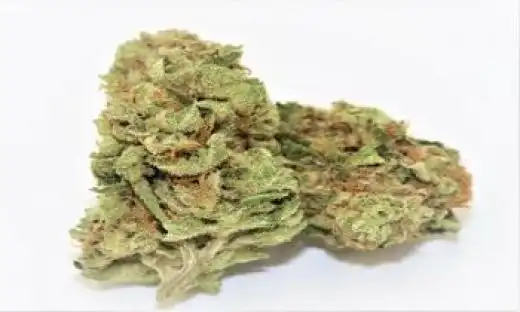
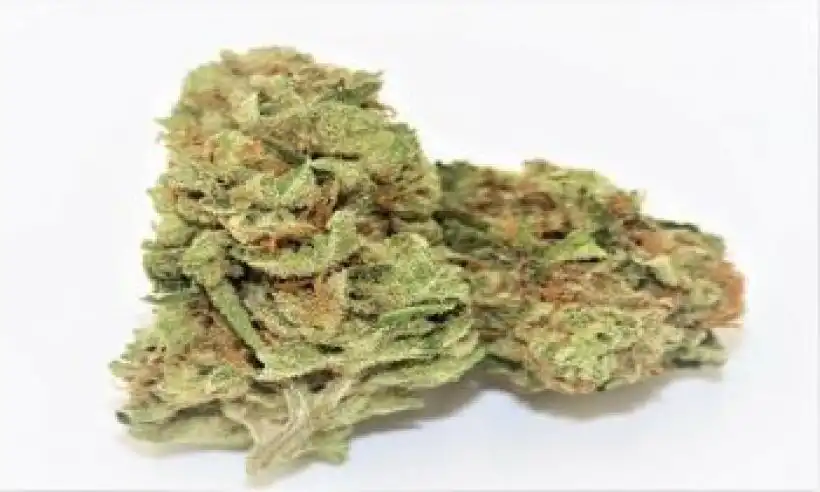
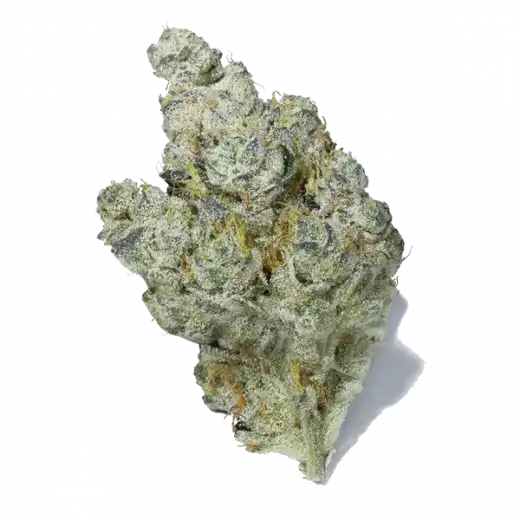

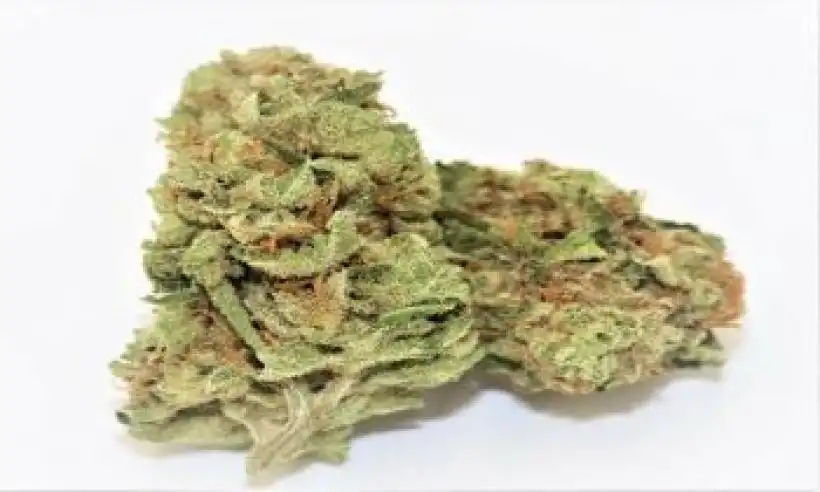
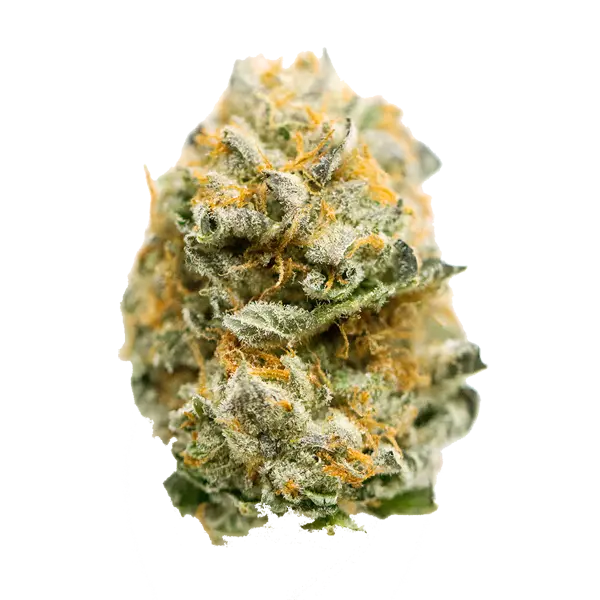
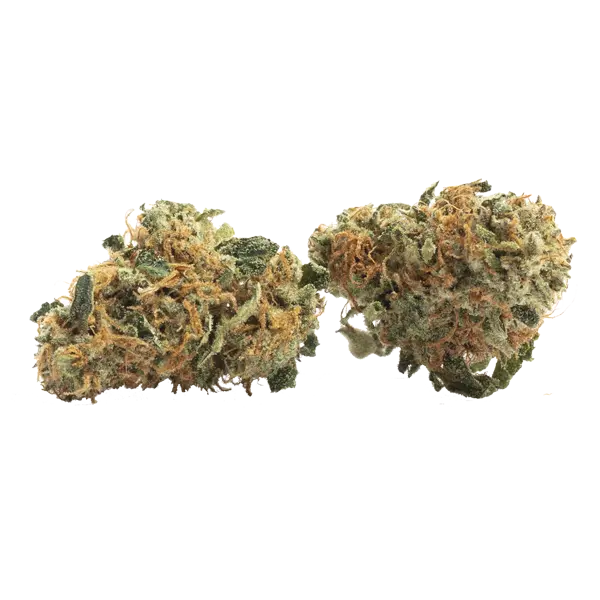
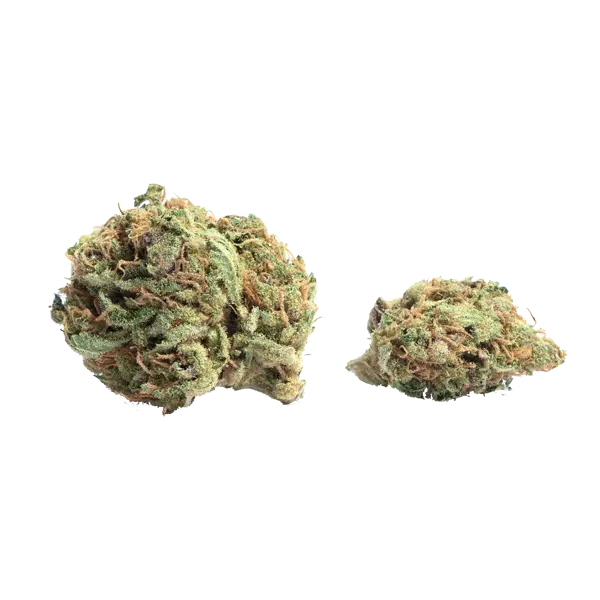
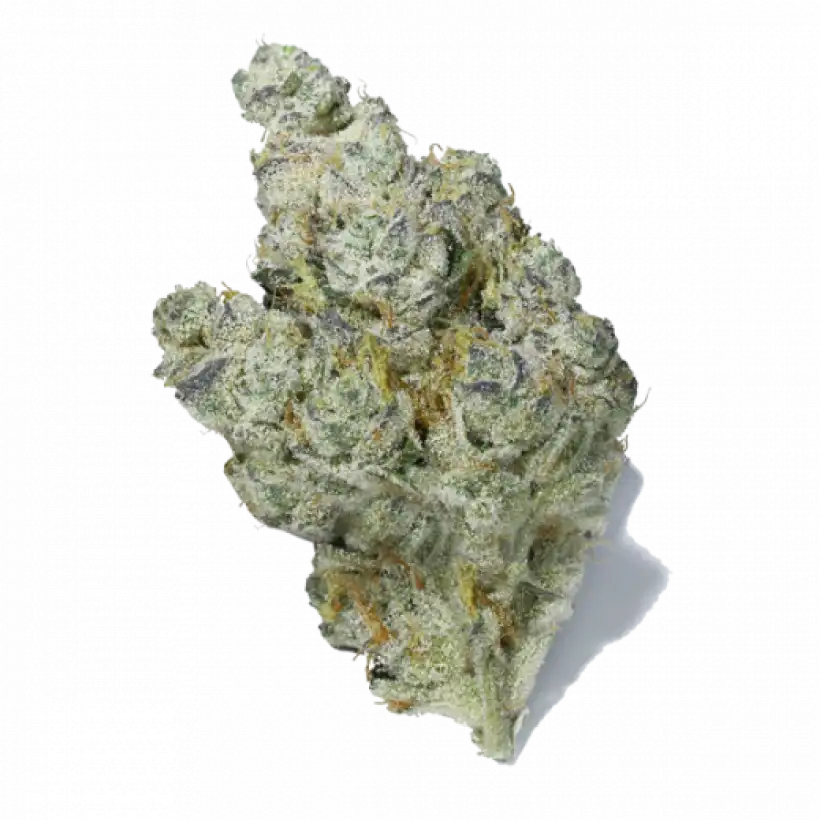
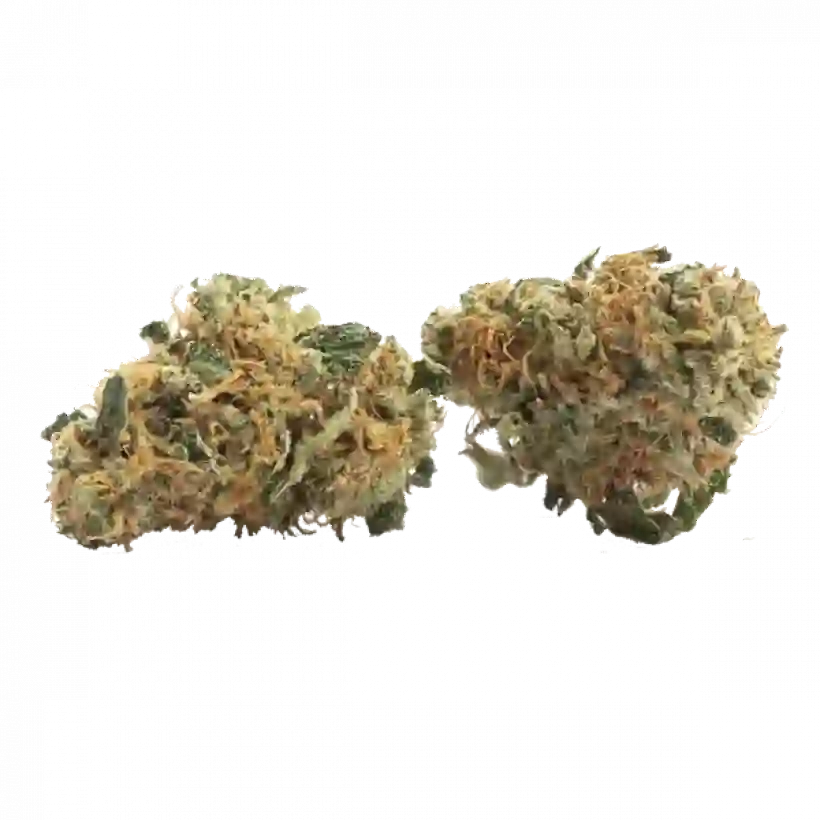
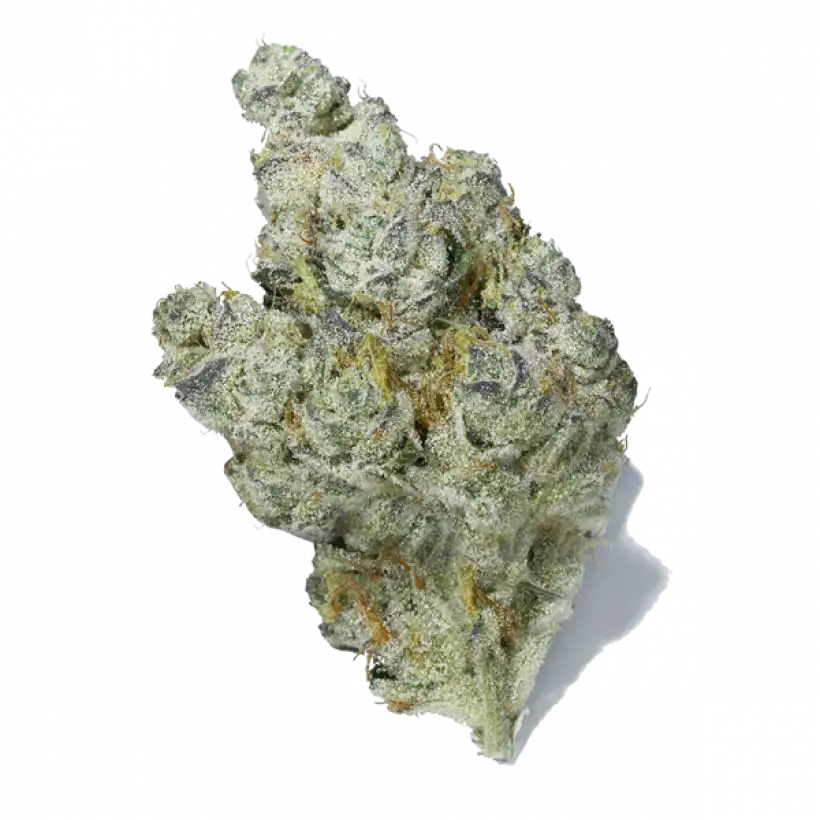
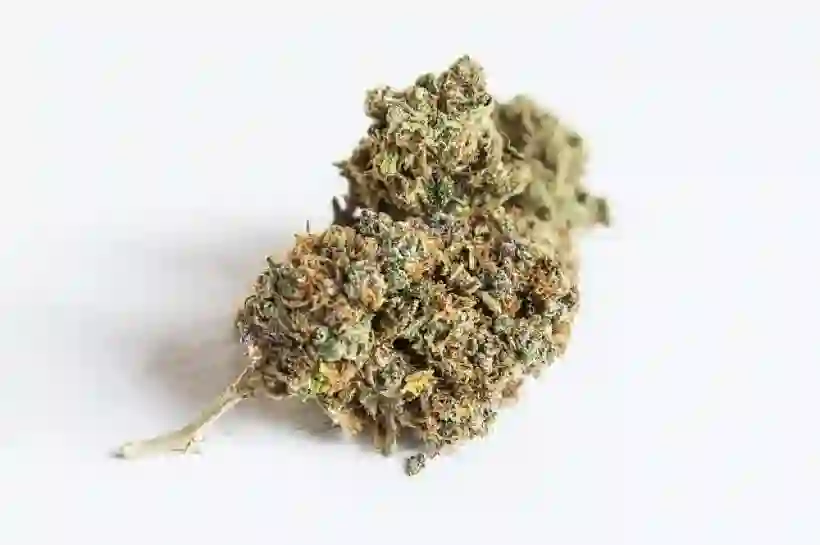
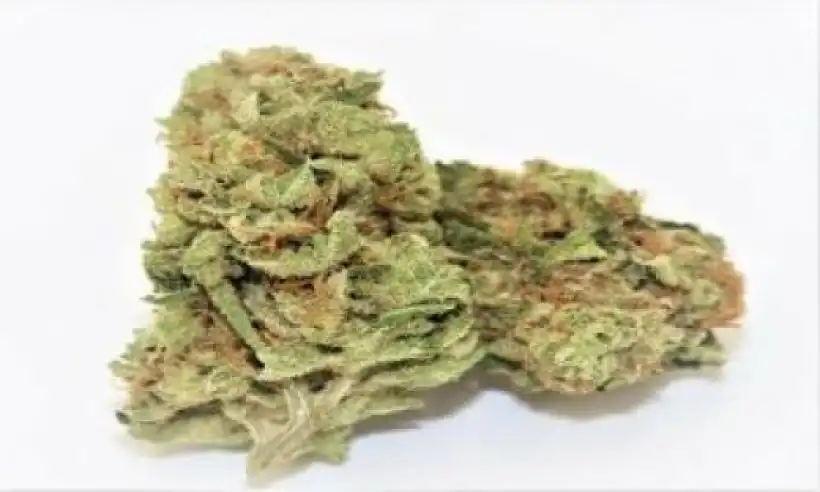
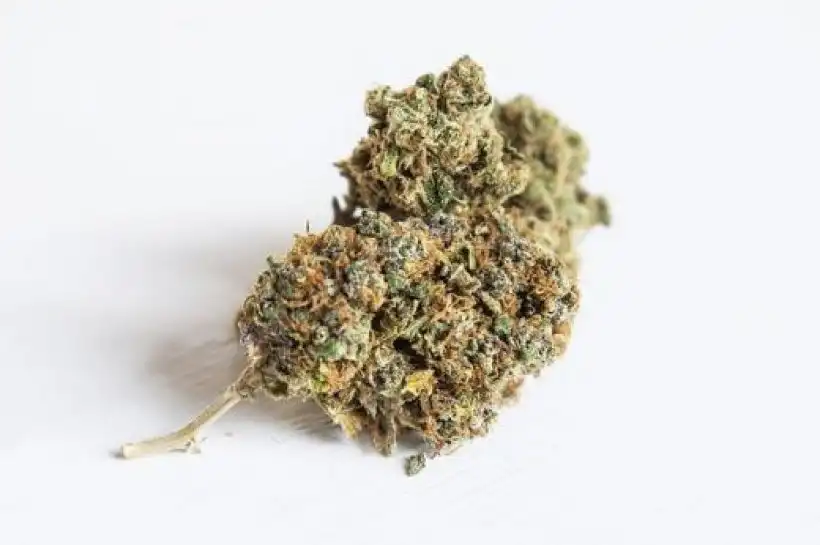

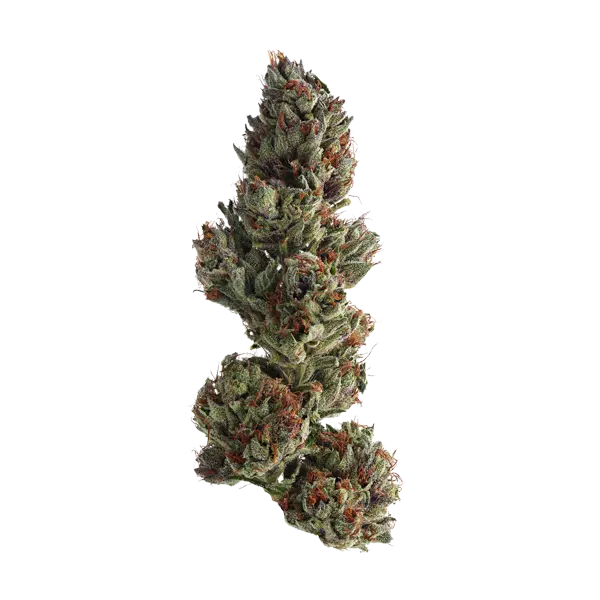
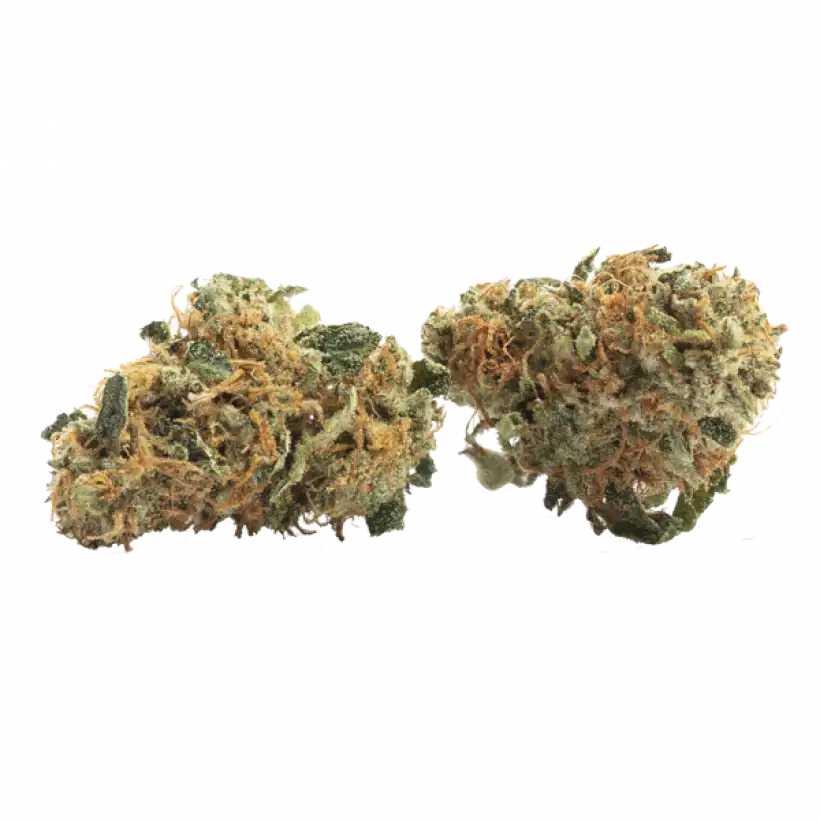
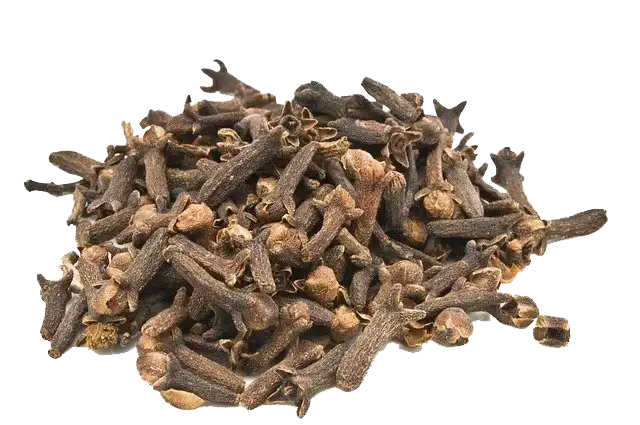
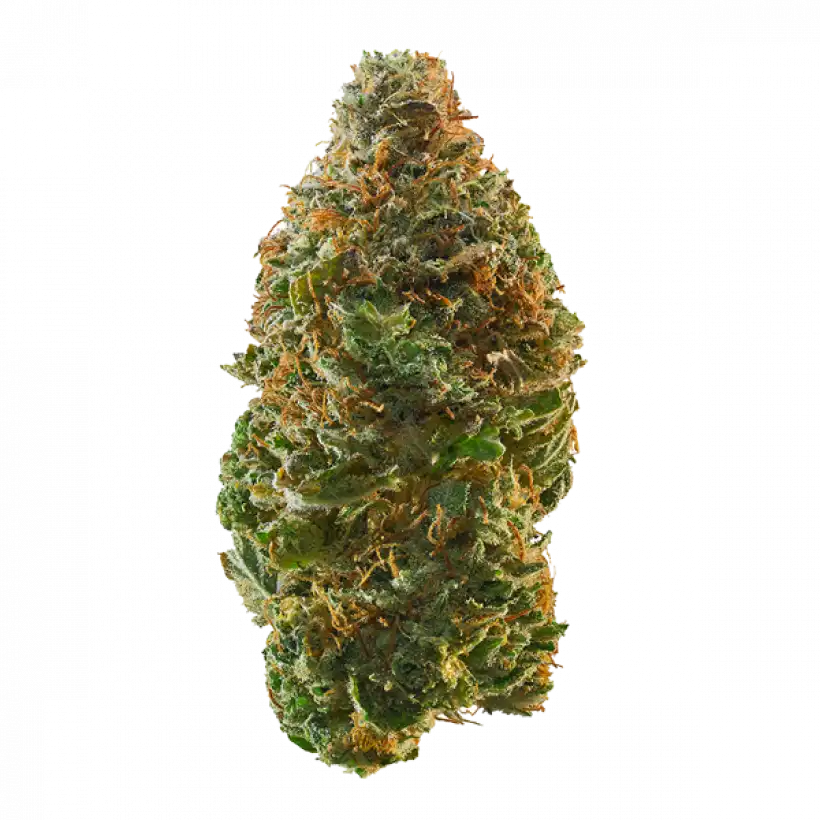

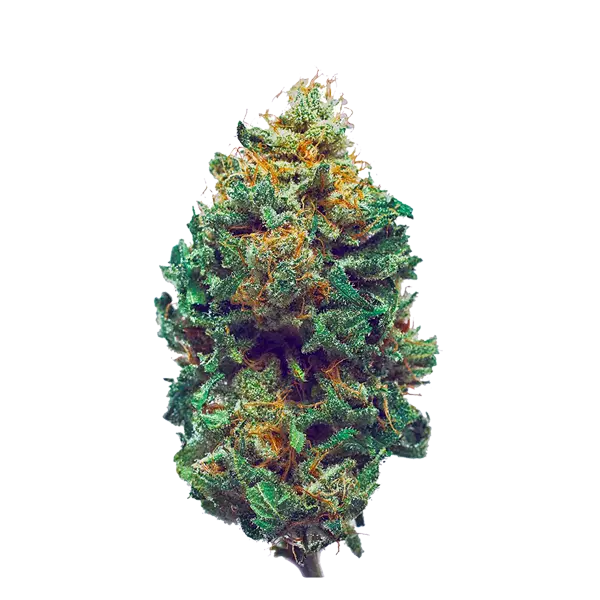

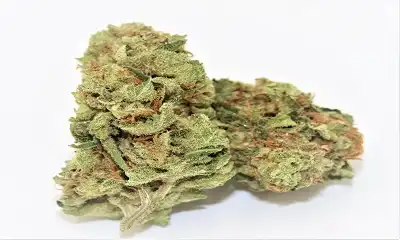
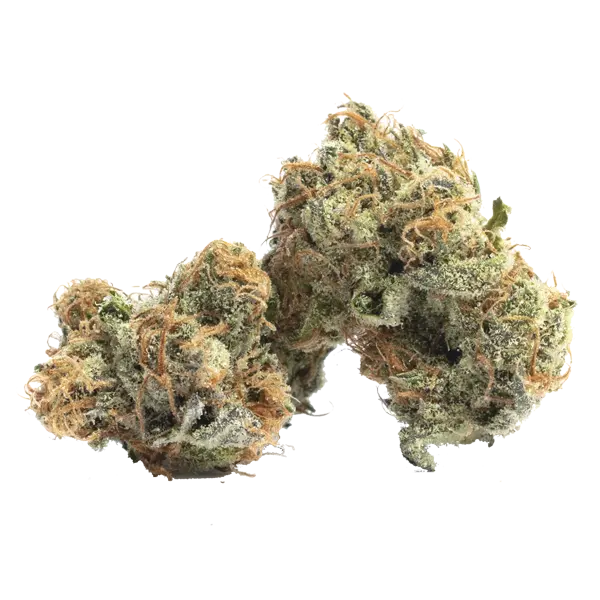
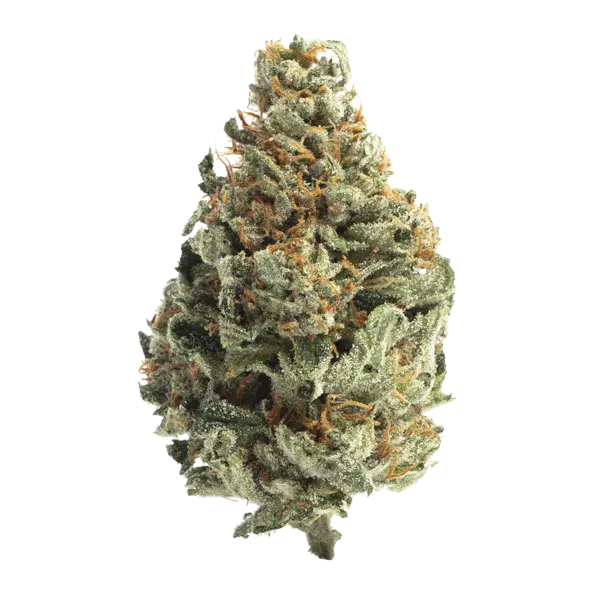
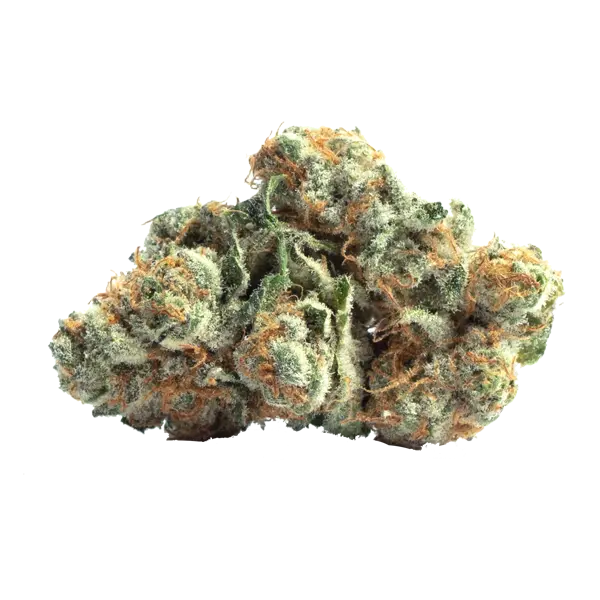
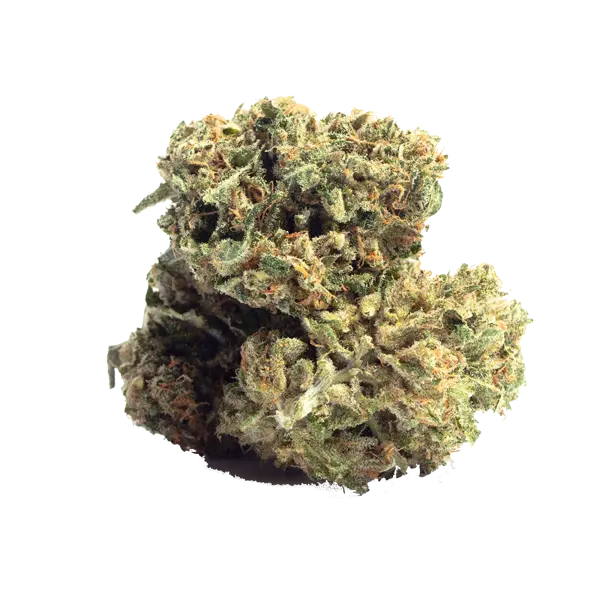

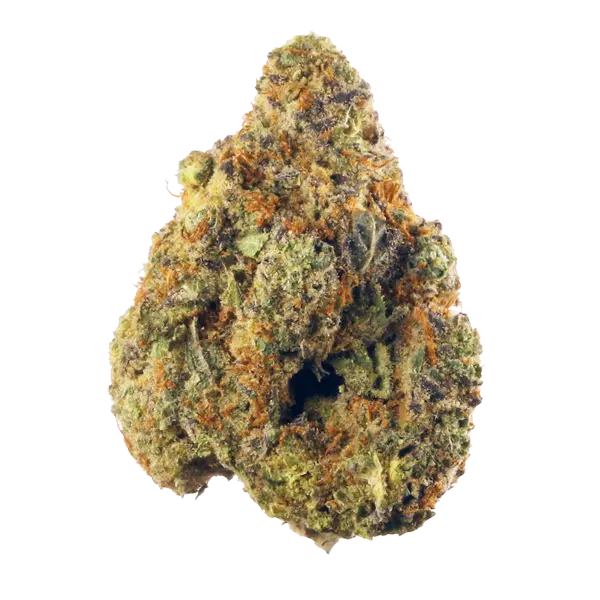
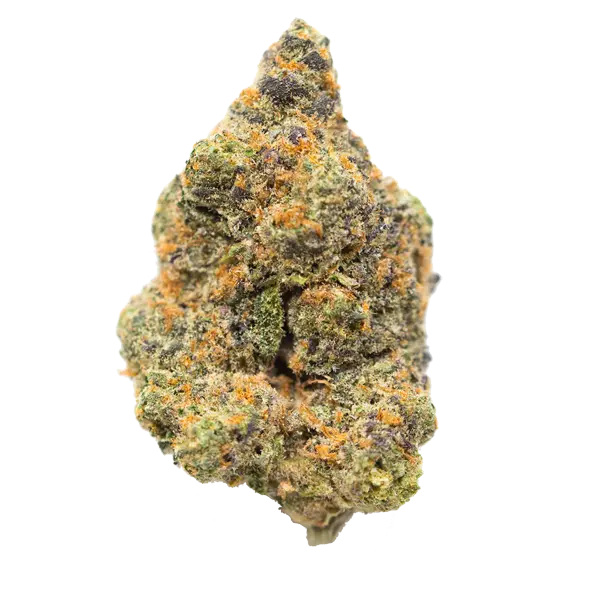
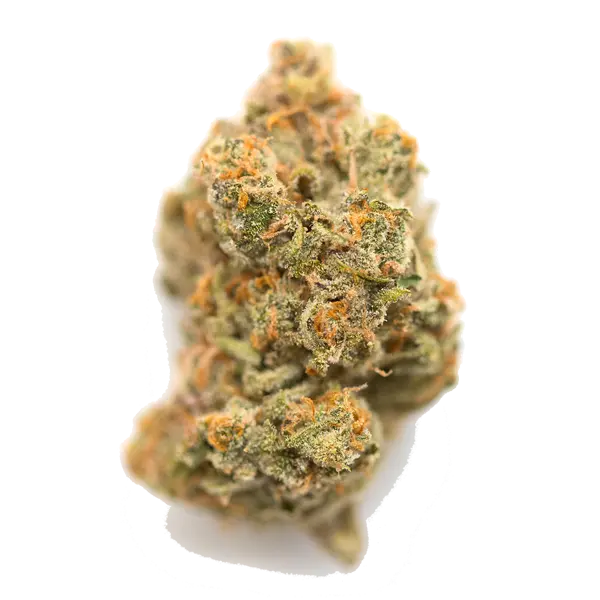
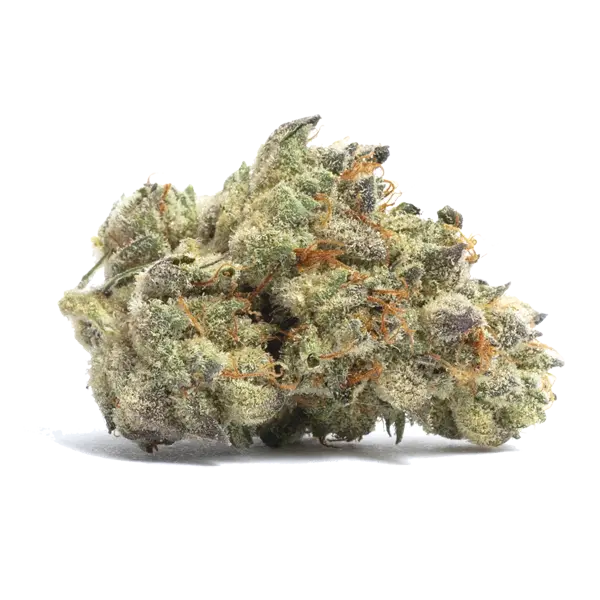
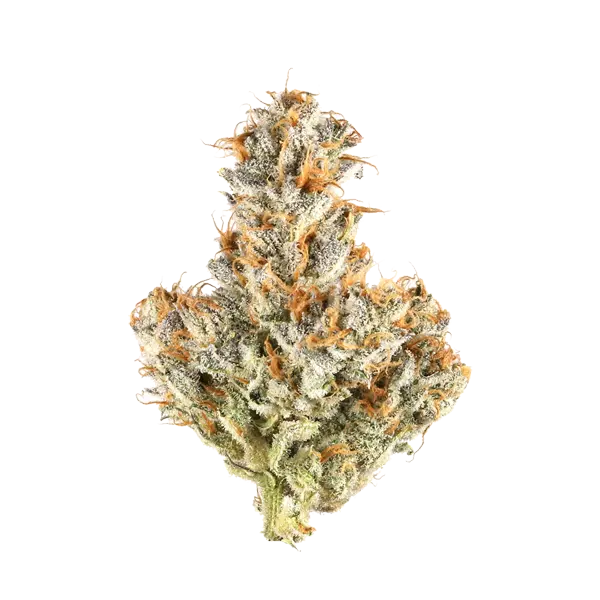




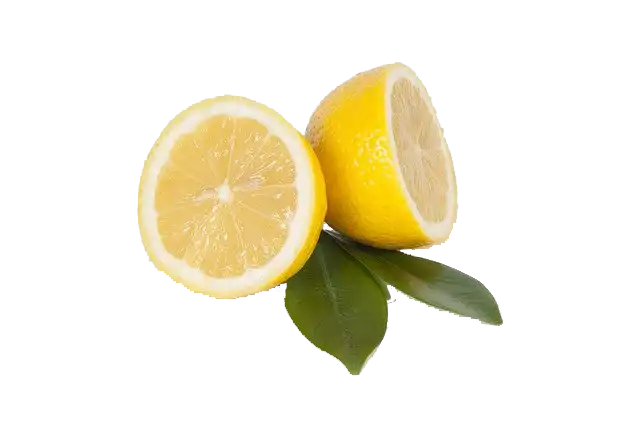





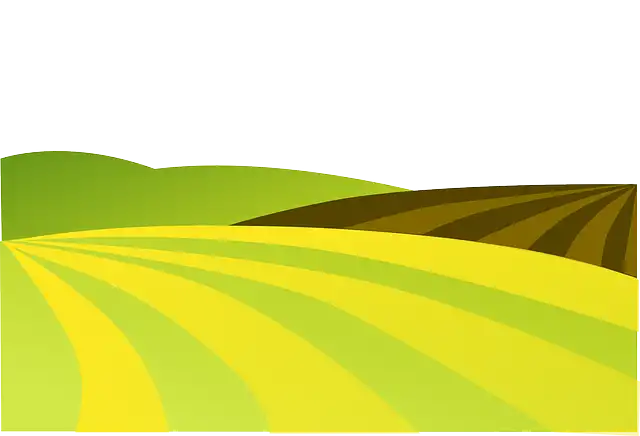




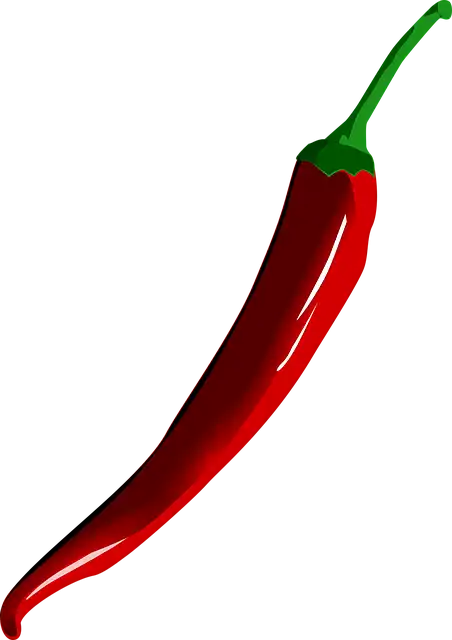


 Medical Cannabis as a Possible Treatment in Paediatric Neurological Disorders
Medical Cannabis as a Possible Treatment in Paediatric Neurological Disorders Passive Marijuana Smoke: Can It Show Up on a Drug Test?
Passive Marijuana Smoke: Can It Show Up on a Drug Test?








